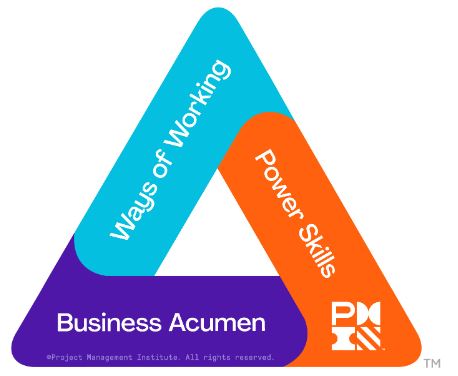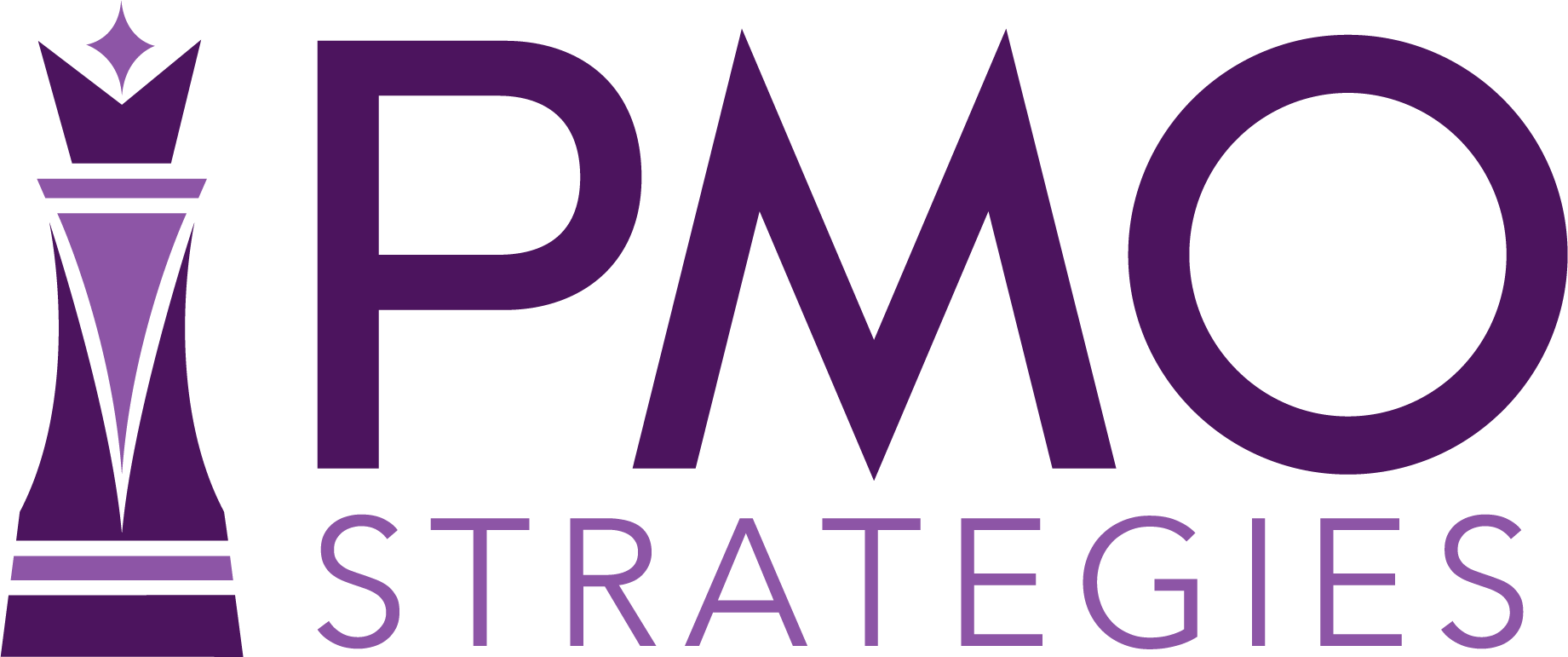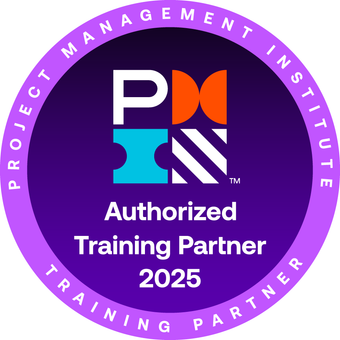Stakeholder resistance often stems from various sources—prior experiences, workplace frustrations, or a natural aversion to change. Amanda explains that the first step to managing resistance is understanding the “why” behind it. Stakeholders often have unique reasons for resisting change, from prior project failures to feeling disconnected from the decision-making process. By acknowledging these underlying reasons, project managers can build empathy and tailor their approach to each stakeholder.
Amanda categorizes stakeholders into three groups, or “buckets,” to create strategies that address their specific needs:
By identifying stakeholders’ motivations, project managers can engage each group more effectively and transform resistance into support.
Introducing Kind Transparency as a Leadership Framework
Kind transparency goes beyond simply being open. It’s about sharing information with empathy and consistency, ensuring stakeholders feel respected and valued. Amanda’s framework for kind transparency includes four core principles, or “4Cs,” to guide project managers through difficult conversations:
💬 Communication: Maintaining open, honest dialogue about project goals, progress, and potential setbacks.
🔁 Consistency: Creating a predictable, reliable approach to interactions so stakeholders know what to expect.
👥 Coordination: Aligning communication strategies to meet each stakeholder’s needs and project objectives.
🤝 Collateral: Sharing valuable information, even if it feels vulnerable, to build mutual trust.
Amanda’s approach emphasizes that sharing relevant context—even information that may seem uncomfortable—can be vital in fostering trust. For example, if a project is under tight political or time pressures, explaining this context to stakeholders can help them understand the urgency and align
their expectations.
Engaging Stakeholders Through One-on-One Meetings
Amanda advocates for regular one-on-one meetings as a critical method for engaging resistant stakeholders. By dedicating time to speak with each stakeholder individually, Amanda creates a safe space for them to voice their concerns, ask questions, and feel heard.
During these meetings, Amanda also emphasizes the importance of “giving a crap”—an approach that involves genuinely caring about each person’s unique challenges. Whether it’s external stressors, personal issues, or past frustrations, taking these factors into account helps project managers support stakeholders more holistically and build stronger relationships.
The Value of Immediate Feedback and Consistency
Timely, honest feedback is central to Amanda’s approach. She highlights that waiting too long to address concerns can lead to resentment or frustration. By addressing issues as soon as they arise, project managers can prevent conflicts and foster a culture of trust.
Amanda compares this approach to training a puppy: consistent, immediate feedback helps stakeholders understand expectations and reduces misunderstandings. When stakeholders know they can rely on immediate, constructive feedback, they are more likely to trust the project manager’s guidance.
Removing Bias for True Empathy
Amanda also advises project managers to manage their own biases. Empathy, she explains, goes beyond just seeing things from another person’s perspective; it also means suspending personal judgments to create a more objective, collaborative environment. By acknowledging personal biases and focusing on shared goals, project managers can foster a culture where both sides work together toward solutions rather than remaining adversarial.
This “us against the problem” mindset reframes challenges, allowing project managers and stakeholders to collaborate more effectively and address resistance together.
Applying Kind Transparency for Greater Project IMPACT
Amanda Frye’s kind transparency approach offers project managers a powerful framework for managing stakeholder resistance, building trust, and driving project success. By categorizing stakeholders, practicing empathy, sharing context, and delivering consistent feedback, project managers can transform difficult interactions and foster stronger, more supportive relationships.
For project managers seeking to improve stakeholder relationships, Amanda’s kind transparency framework is a valuable tool. By incorporating these practices into your projects, you’ll be better equipped to navigate resistance and create lasting IMPACT.

 Hey there, IMPACT Driver!
Hey there, IMPACT Driver!









